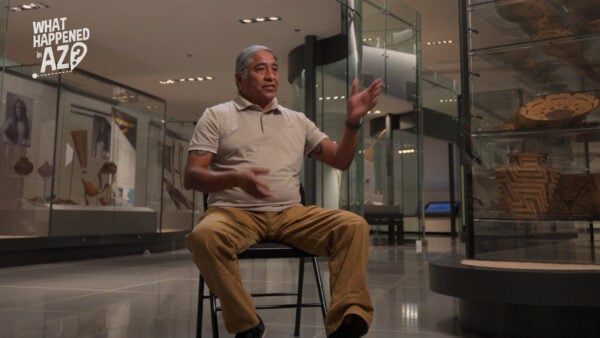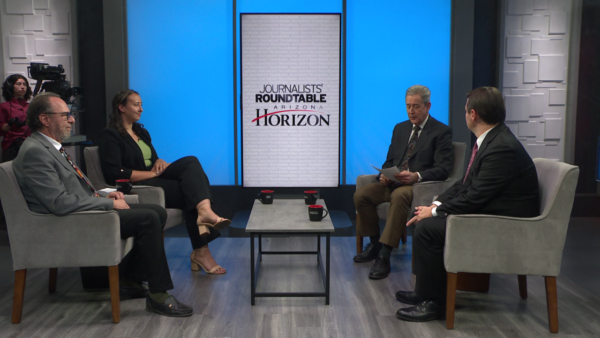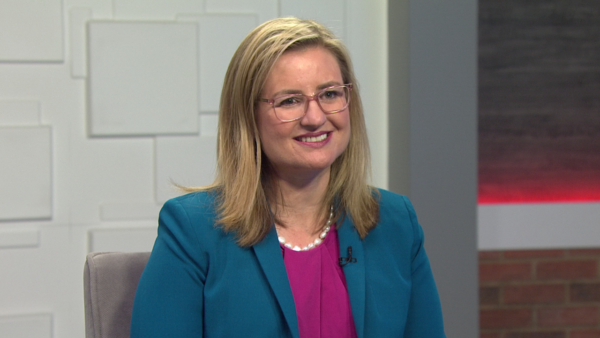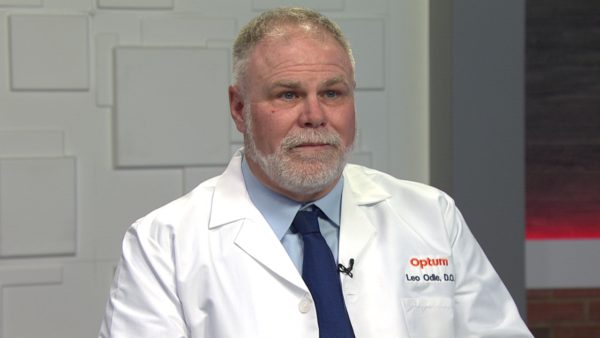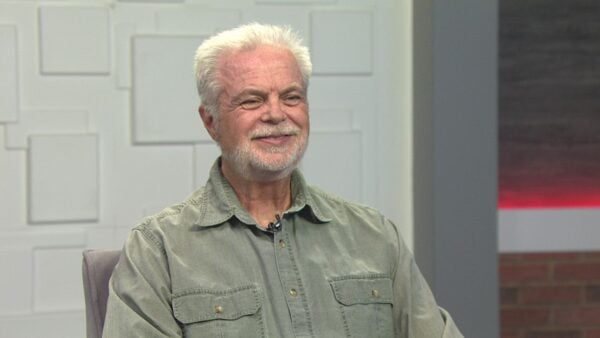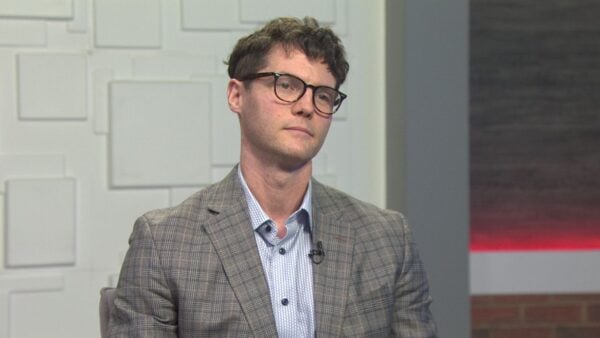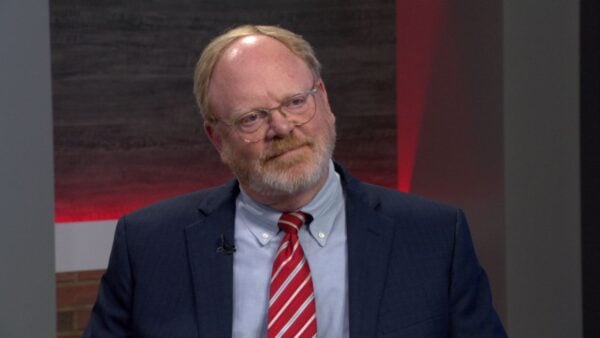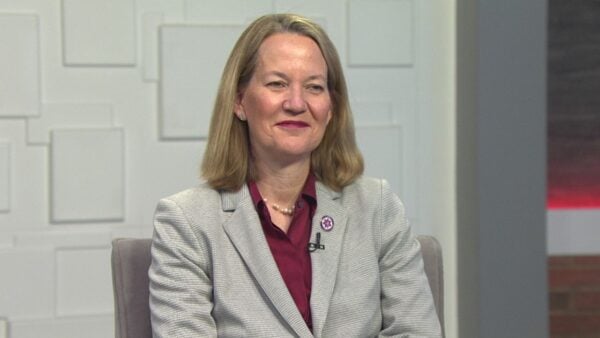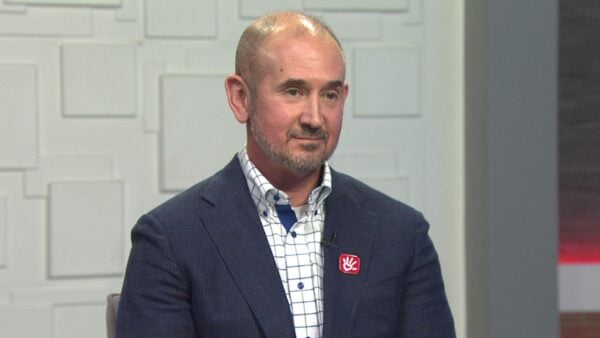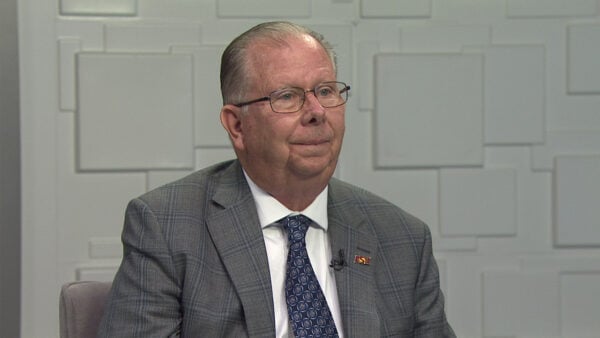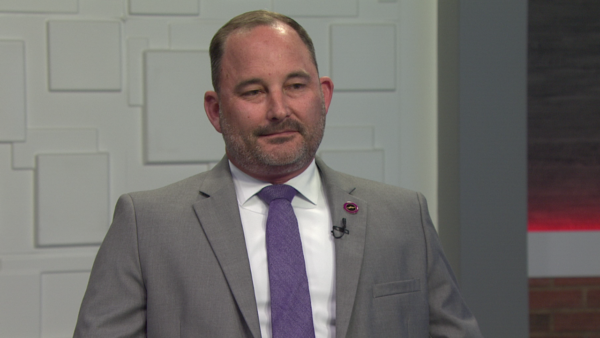Expert provides insight on inflammatory bowel disease
July 29, 2025
Inflammatory bowel disease, also known as IBD, is an umbrella term for a group of conditions that cause swelling and inflammation of the tissues in the digestive tract. As many as 70,000 Americans are diagnosed with inflammatory bowel disease every year, and there is no cure for IBD.
Dr. William Faubion, a Gastroenterologist at Mayo Clinic Arizona, joined “Arizona Horizon” to discuss inflammatory bowel disease and diet.
Standard care for IBD has been monoclonal antibody treatment over the course of a year, which requires the patient to return to the clinic every two to eight weeks for an infusion. A recent study has shown that one in five patients routinely miss their dosage.
Dr. Faubion also talked about the research into a so-called “living pharmacy,” an implantable device that would provide anti-inflammatory medicine.
“As of today, in order for us to control a disease, not just the symptoms but all of the lesions that you can see, most patients require therapies for an extended periods of time,” Dr. Faubion said.
He added, “A lot of the modern therapies are delivered by vein, those will be the so-called biologic. But we have known about this disorder for really almost you know 80 years and treatments have gone anywhere from classically oral corticosteroids, which are the oldest therapies, through a variety of other pill-based therapies, and now, much more recently, I would say ever since really 1998 until now, we talk about this family of medications called biologic therapies.”
Dr. Faubion shared more insight into exactly what the “living pharmacy” is.
“The concept for this came out of one our collaborators in Mayo Rochester who were successful in getting an award called an ARPA-H grant called ARPA EASE, and the living pharmacy is this concept that we can encapsulate certain cells, little bioreactors, we can encapsulate cells in a membrane such that the body doesn’t attack it, place it into a patient and those cells will produce a biologic therapeutic consistently over time,” Dr. Faubion said.


